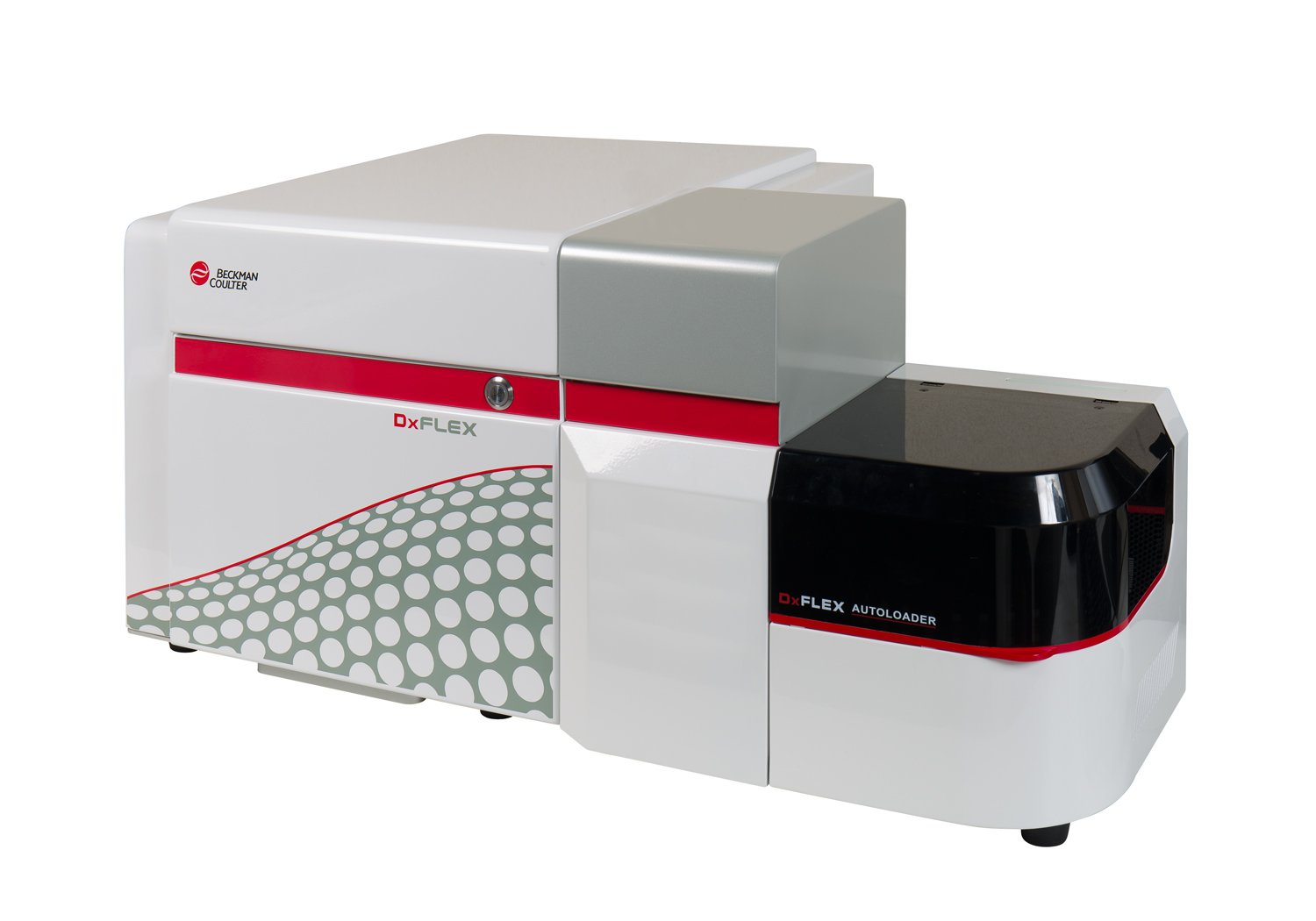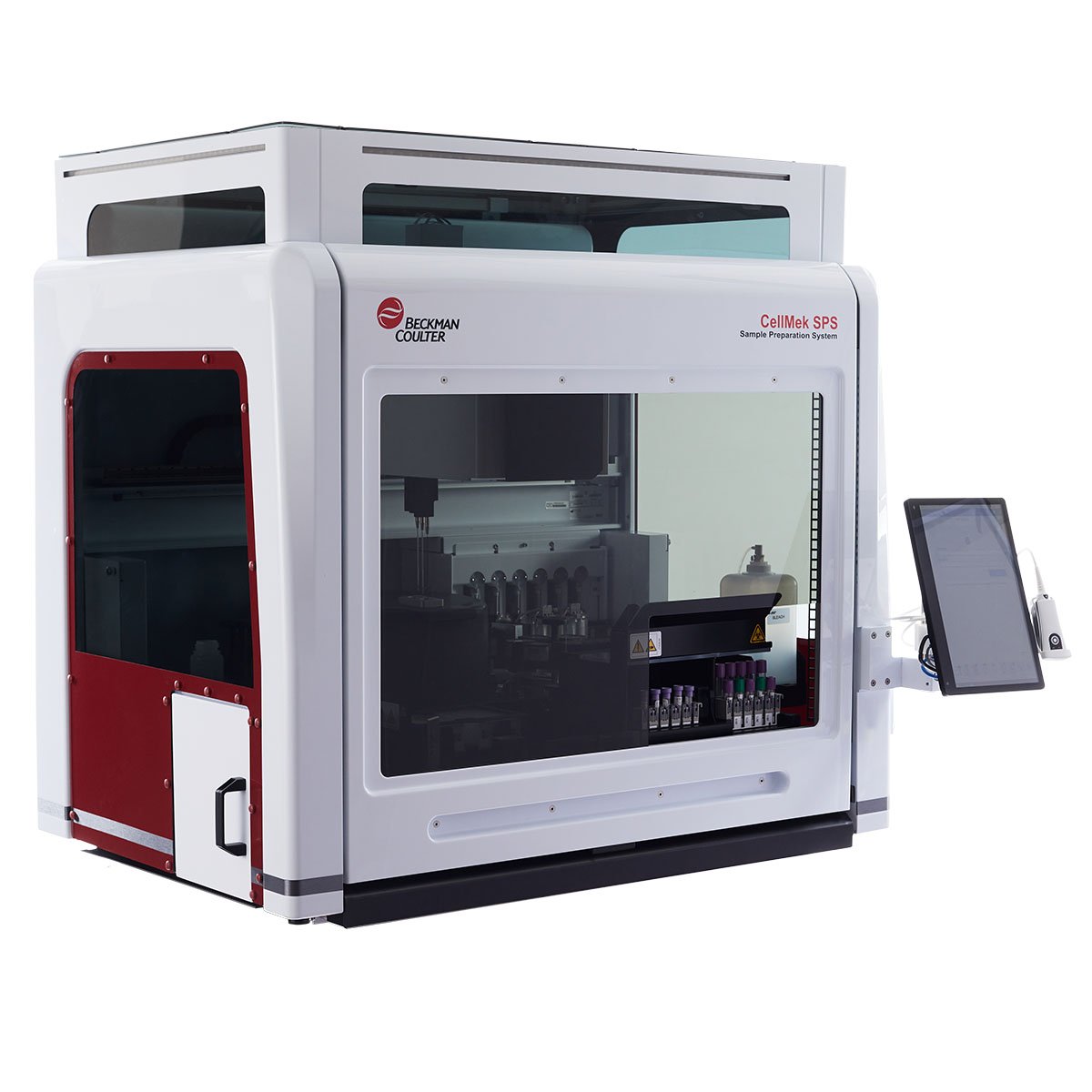TCR Vα7.2 Antibodies
TCR Vα7.2 is also called TCRAV7S2 according to the nomenclature from Arden et al. The Valpha7.2 segment in humans is an evolutionarily conserved invariant TCR alpha chain, expressed in mucosal associated invariant T (MAIT) cells, also called mNKT. MAIT cells are abundant in human blood (1-8% of T cells vs. 0.01-1% for NKT cells), the intestinal mucosa and mesenteric lymph nodes (MLN). MAIT cells are evolutionarily conserved innate-like T cells with anti-microbial properties. They are apparently also involved in non-infectious inflammatory disorders and in autoimmune inflammatory lesions. MAIT cells were found to specifically accumulate in the lamina propria (LP) of the intestine. This suggests that these cells may, in fact, be directed to microbial antigens presented by MR1 molecules, having a role of natural killer T cells (mNKT cells) in intestinal immunology. mNKT cells are a subset of non-conventional T cells recognizing endogenous and/or exogenous glycolipid antigens when presented by the major histocompatibility complex (MHC) class I-like antigen-presenting molecules CD1d and MR1. Upon T-cell receptor (TCR) engagement, mNKT cells can rapidly produce various cytokines that have important roles in mucosal immunity.
| Clone: 3C10 | Isotype: IgG1 Mouse |
| The monoclonal antibody 3C10 recognizes the Va7.2-Ja33 TCRα chain. | |






